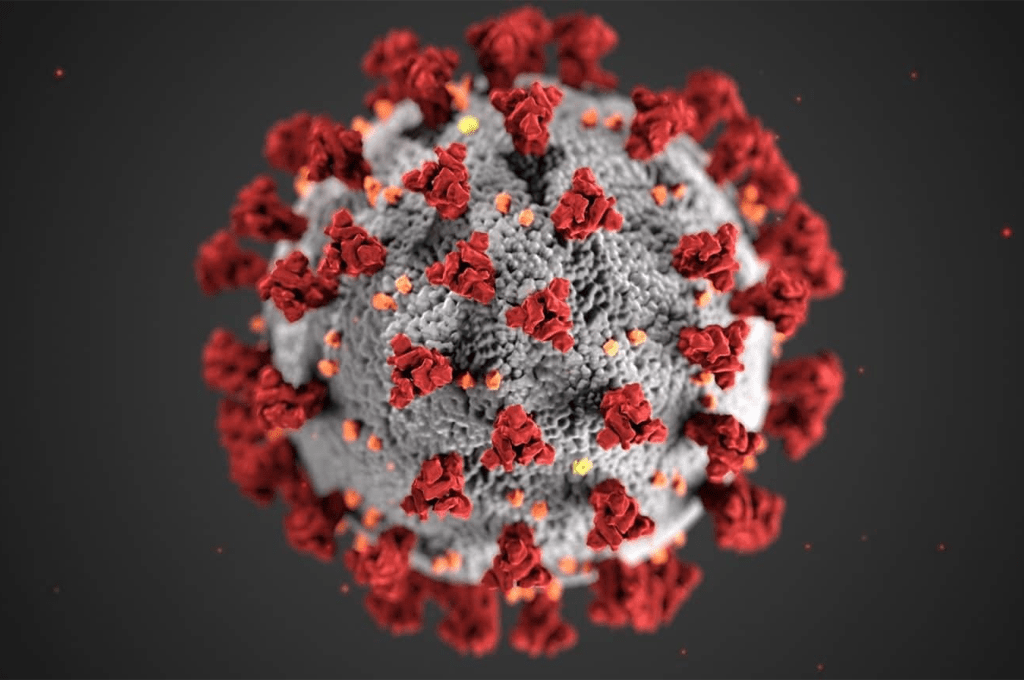How host-virus coevolution unmasked from the genomic record
Retroviruses are important pathogens, which have attacked vertebrate hosts for millions of years. Researchers at SciLifeLab now provide new knowledge about the long-term interactions of retroviruses and their hosts by analyzing endogenous retroviruses (ERVs), retroviruses whose genes have become part of the host organism’s genome. The findings are being published in Proceedings of the National Academy of Sciences, PNAS.
Retroviruses, including HIV in humans, must become part of the host cell’s genome to produce new viruses. Occasionally retroviruses infiltrate germ cells and transmit vertically to the host’s offspring as ERVs. Consequently, ERVs make up large portions of vertebrate genomes and represent a record of past host-retrovirus interactions.
‘This study demonstrates the powerful resource presented by the genomic ERV record to better understand host-retrovirus coevolution’, says Patric Jern, faculty at SciLifeLab and Research fellow at the Department of Medical Biochemistry and Microbiology, Uppsala University, who headed the study.




